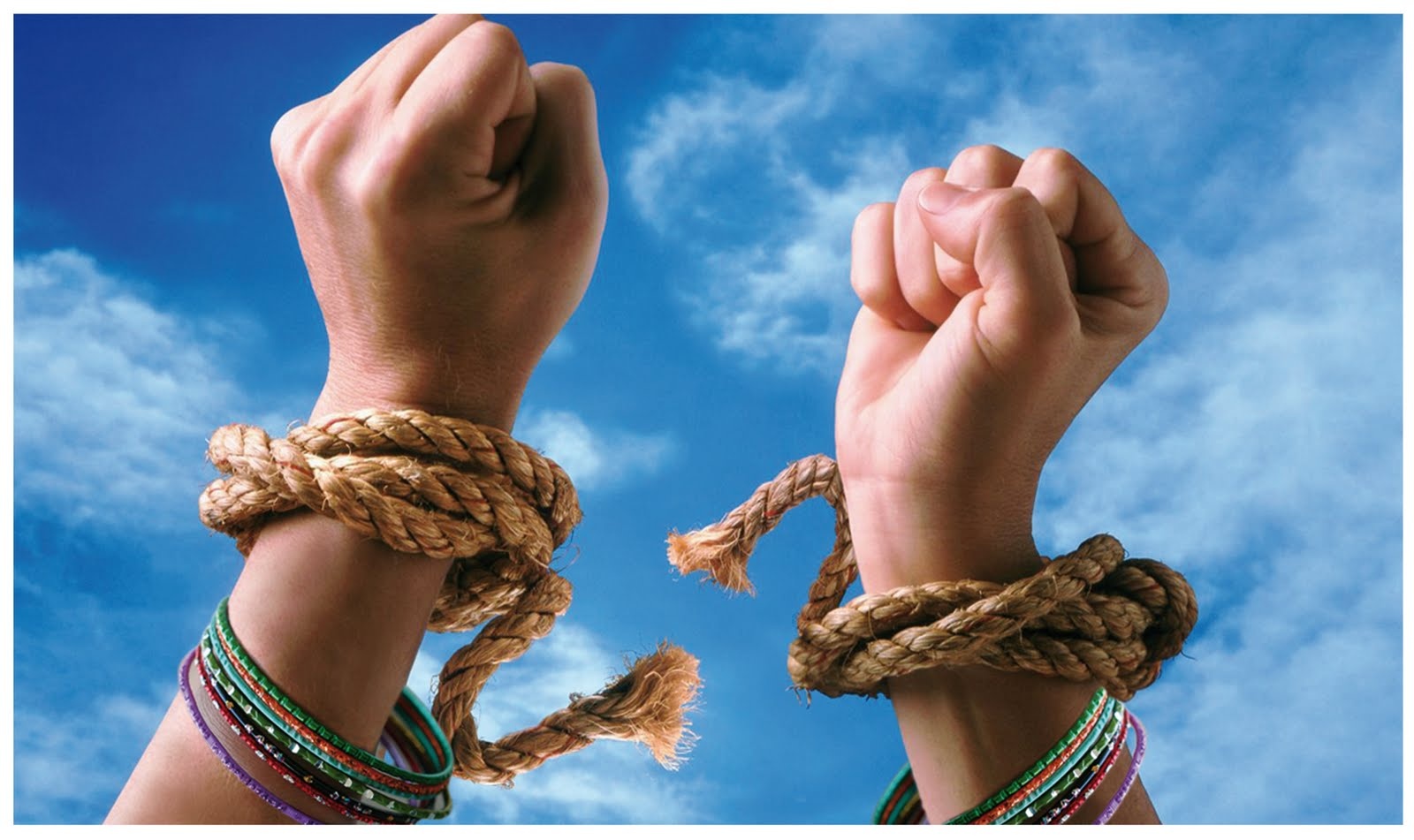
I was compelled to express my feeling, as I have been seeing the political bickering and mudslinging over our struggle to independence, where one party claim to inherit it all while other show no hesitation in discrediting its leader with all the venom it could muster.
Following extract has been taken from a recent article (“History, battleground for politic” ) in The Hindu by Mr. Digvijaya Singh - “The problem with the RSS-BJP combine and their followers is that they don’t have any names worth mentioning among their leaders who might have contributed to the freedom struggle. That is probably the reason why they have been trying to appropriate the legacy of Gandhi, Netaji Subhash Chandra Bose and Sardar Patel among others."
Are our political leaders so ignorant that they can wilfully pass such comments? How can any Indian try to appropriate something which is rightfully his/hers by birth right?
We have been hearing for so long in different rallies, interviews and conferences where Congress proudly claims to be a party that took us through the longs years of struggle for independence and boastfully displays its inheritance over legacy of our forefathers. Other parties accept this and try to discredit congress by accepting theory of “safety valve” or by discrediting action of its leaders like Nehru. But how true the claims of Congress and how wrong are other parties in adopting such approach?
Before independence the Indian National Congress was not just a party, it was a movement that included within its fold, individuals and groups which subscribed to widely divergent political and ideological perspectives. Communists, socialists and nationalists worked within or along with Congress to achieve the dream of independence. The war of independence in form of movement named Congress was waged by Indians for every Indian to achieve collective goal of peace and prosperity. And after the independence each and every Indian national either it’s an individual, organisation or party have rightfully inherited the legacy of our forefather.
After the independence when our forefather dreamed of multi party democracy in India and Congress decided to be one of the party in that system, from that moment it ceased to be a movement. From that moment it was just a party, which was certainly not equivalent to the INC before 26th January 1950, when India became a republic. Hence any claim of Congress that any party in India doesn’t have any names worth mentioning among their leaders who might have contributed to the freedom struggle is ridiculous. Gandhi, Nehru, Netaji, Patel belongs to all of us and every party has rightful claim on them. Can you deride AAP, which was established in 2012 and whose leaders weren’t even born at the time of independence, for not having any worthy leaders who fought for country’s independence? Or Congress will have right to flog them for hanging photos of Gandhi, Nehru, Patel or Subhas Chandra Bose in their office? These questions need not to be answered.
The second issue pertain to efforts of other parties to beat Congress in its own game by discrediting its leaders like Jawahar Lal Nehru. Indians of our generation have notion of only two aspect of life – black and white and it never take any efforts for them to cover the distance between black and white. But the world is not divided between black and white and nor do any of its stories. To discard personality like Nehru ji would only confirm our short term memory where complexities of history have no place.
I don’t want to go into length and breadth of life story of Nehru ji. But scrolling through the pages of his life would definitely corroborate his immense contribution to history of modern India.
He brought the idea of socialism to Congress’s fold by working along with Subhas Chandra Bose. With Subhas Chandra Bose he infused the youthful energy in somewhat ageing Congress which was aptly recognised by Bapu. He was among the first who asked for goal of Purna Swaraj for India. He constantly fought for labours and peasantry and saw through many phases of struggles for India’s Independence. After independence he took the helm of India at a difficult time when equation of 1+1 needs not to be result into 2. Hence every action had unpredictable consequences and every decision, no matter how carefully planned, was like taking an unknown pill which might either heal you or poison you to the death. Don’t you think analysing those decisions now at cool air conditioned environment is a bit easier?
My aim is not to glorify any individual here. India’s independence was culmination of 200 years of struggle which involved many individual heroism, collective bravery and organised struggles. Long years of struggle enabled us to liberate not only from foreign rule but it was also liberation of mind that provided a base for us to build a strong democracy. Any attempt by individuals or parties to take all credit for efforts of 200 years or discredit leaders associated with such struggle should be forcefully thwarted. We can keep brooding on golden age of ancient India or we can try to savour the heroic achievement of modern India which would equip us for a much better future. Decision is yours.





